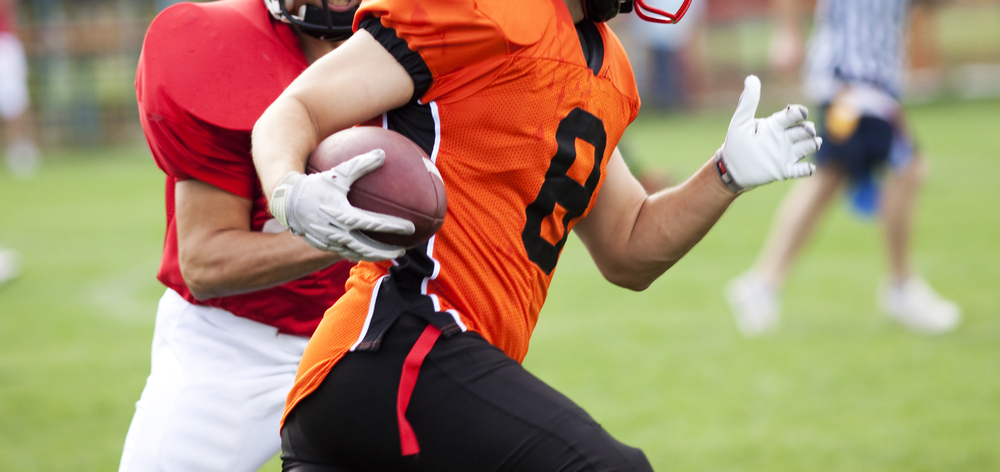Editor's note: This article has been revised from an earlier version which incorrectly reported where BRG Sports and Riddell Inc. are located.
A Chicago federal judge has sidelined an effort by a group of former football players to pursue a suit as a class action against the maker of allegedly unsafe helmets, finding a class action would present “enormous manageability problems.”
The ruling was issued Aug. 1 by Judge Matthew Kennelly in U.S. District Court for the Northern District of Illinois. The decision favored BRG Sports in a suit against it by 16 former high school and college football players.
BRG and its subsidiary, Riddell Sports Group, both based in suburban Des Plaines, manufacture Riddell brand football headgear. Riddell has been the market leader in helmets since at least the 1970s, having developed the modern football helmet, according to court papers.
The players filed last autumn for a class action. They alleged BRG did not improve its helmets as awareness emerged in recent years of football-related head injuries, although improvements would have been cost-effective and technologically feasible. BRG also did not allegedly provide sufficient warning of the risk of wearing its headgear.
The players claim they were injured wearing Riddell products, because the helmets offered inadequate protection. They sought a class action on behalf of themselves and other players, who wore Riddell helmets while taking part in high school and college football between 1975 and the present in 18 states, mostly in the South; Illinois was not one of the states.
Judge Kennelly agreed with BRG that the case is too complicated to allow for class action.
“This suit is primarily about personal injuries and, as a result, is brimming with individualized questions of causation and damages because members of the plaintiff class indisputably ‘wore different helmets that were designed, tested, engineered, and marketed differently,’” Kennelly concluded, quoting from BRG’s argument.
Kennelly went on, noting each plaintiff “used different Riddell helmets for different lengths of time, at various levels of play and in different positions on the field, sustaining different numbers of concussions and other injuries, and receiving varying medical care.”
Kennelly said a class action would be cumbersome, noting among the 16 plaintiffs alone, who represent a "tiny” portion of the potentially hundreds of thousands of class members, the alleged symptoms of injuries include combinations of headaches, dizziness, dementia, emotional instability, memory loss, depression, motor impairment, impulsiveness, aggressiveness, attention problems and other impairments.
“If that were not enough, there are seemingly limitless confounding causal mechanisms and possible extenuating circumstances, including ‘family and medical history, age, diet, and lifestyle,’ which ‘may affect each putative plaintiff's response to head-related injuries,’” Kennelly added, partly quoting a 2016 federal court opinion.
In Kennelly’s view, the case is too convoluted to be “amenable to collective resolution” and presents “enormous manageability problems” that “utterly destroy the plaintiffs' ability” to pursue uniform action.
A status hearing is set for Aug. 13.
The former football players are represented by the Chicago firm of Edelson PC.
BRG Sports is represented by Bowman & Brooke, of Minneapolis, Minn., and Donahue, Brown, Mathewson & Smyth, of Chicago.
